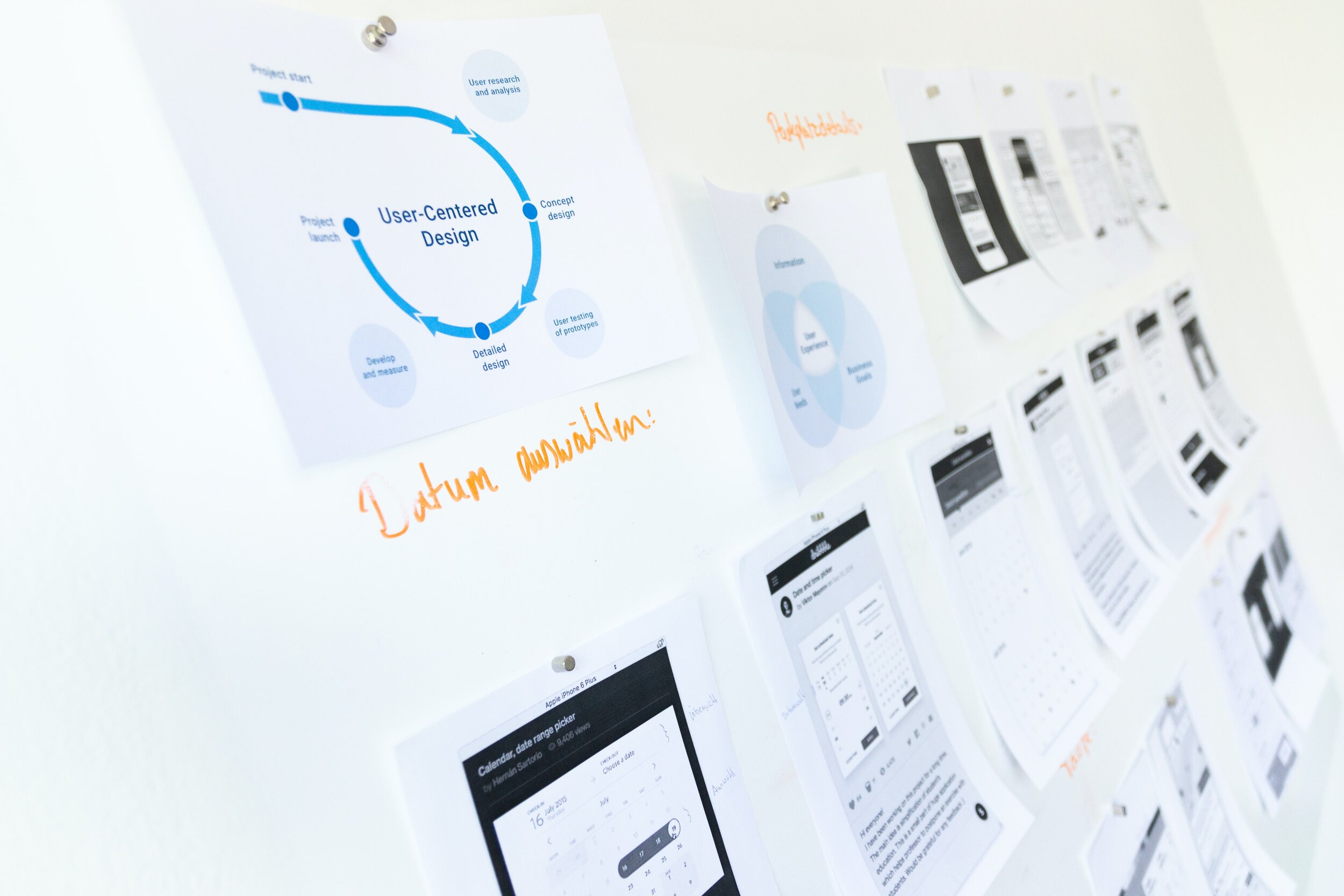Oddschecker
Exploring Subscription Models and Reward Clubs
In 2019, I led the user experience research for two similar projects: subscription models and reward clubs. The team was looking for ideas to improve customer engagement and subscription models and reward clubs were two concepts that management wanted to explore.
Internally, subscription models were seen as the best approach and therefore, I dedicated more time and effort to subscription models in comparison to the reward club. Although more experimental, the reward club also provided some valuable insights.
The main outcomes from these studies were that subscription plans and reward clubs have a greater level of acceptance when it comes to media and entertainment purposes. The team also uncovered that there are several factors that provide resistance to subscribing, these being financial reasons, personal assessment and independence, and the existence of free alternatives.
Platform
Oddschecker Android Mobile Application
Oddschecker iOS Mobile Application
Year
2019
Research Outline
Surveys
Competitive Testing
Affinity Diagramming

Research Approach
Competitive Testing
Competitive testing was important to explore how other products take advantage of their subscription models and uncover the pain points from users. The study purposefully focused on expanding the breadth of products due to Oddschecker’s habit of performing competitive testing with close competitors. By expanding the breadth of the research, the team was able to discover how different markets employ subscription methods.
Surveys
As an effort to obtain quantitative data to support the competitive testing, a survey was launched to 172 people. 141 (82%) people completed the survey and the mean age of the participants was 54.3 years old. The survey was launched because there was not enough collected data to support the possible implementation of a subscription model. The main objectives of the surveys was to figure out people’s experiences with subscription models, which features people desired in a subscription model, and how much they were willing to pay for a subscription model with the desired features.
Affinity Diagramming
Affinity diagramming was used to synthesise the information gathered from the competitive testing and surveys. The information in the affinity diagramming was separated into five blocks: revenue sources, business models, scope, community and commitment and personalisation .The idea was to have a visual reference for the team to consult in the future.


![[Knowledge Map] Subscription Models v1.jpg](https://images.squarespace-cdn.com/content/v1/60ccb7ba79b1007b6ccade1f/22979324-7d0c-44b9-82b0-a1d2bad95f77/%5BKnowledge+Map%5D+Subscription+Models+v1.jpg)
![[Knowledge Map] Rewards Club System v1.jpg](https://images.squarespace-cdn.com/content/v1/60ccb7ba79b1007b6ccade1f/1b430310-250b-40e3-8256-d4556250d6f9/%5BKnowledge+Map%5D+Rewards+Club+System+v1.jpg)